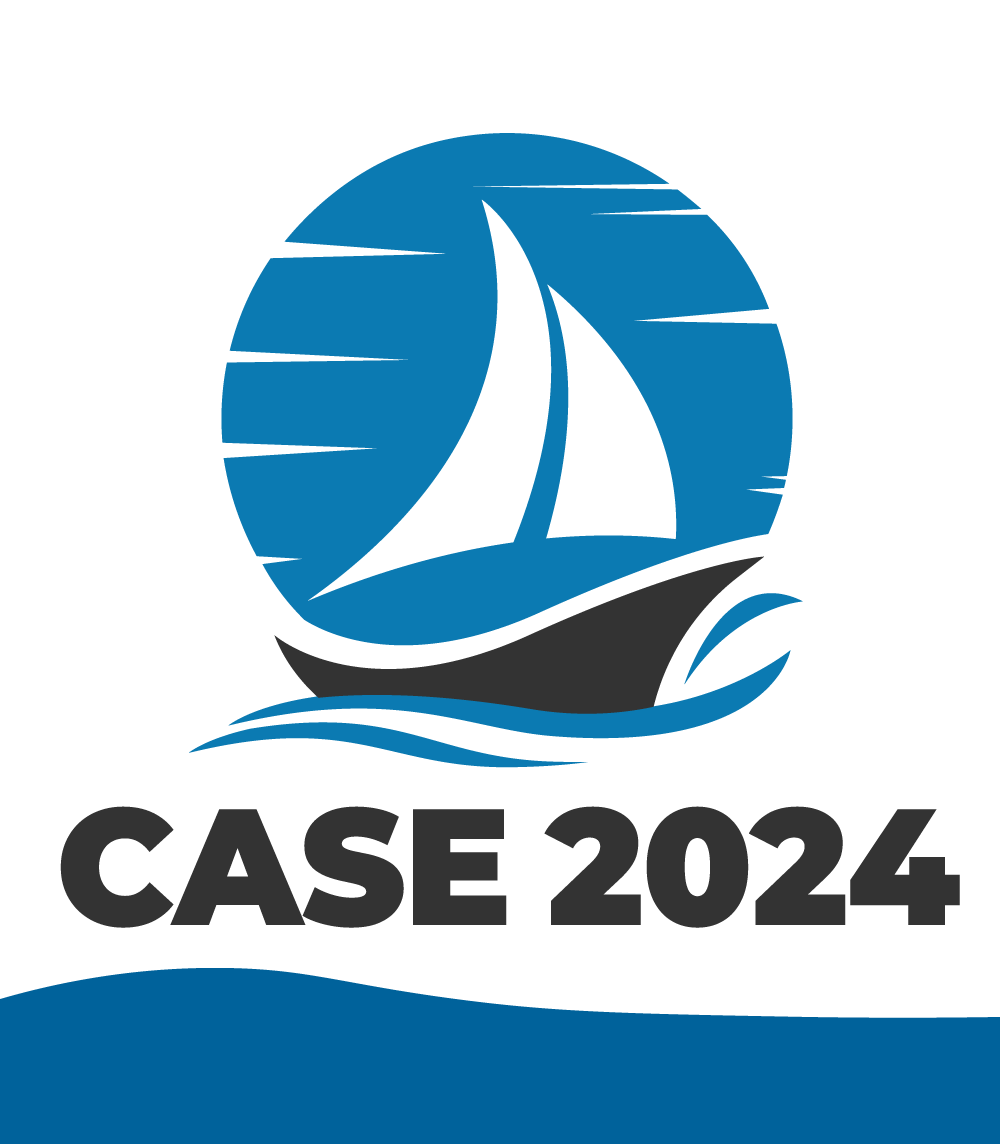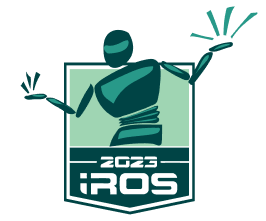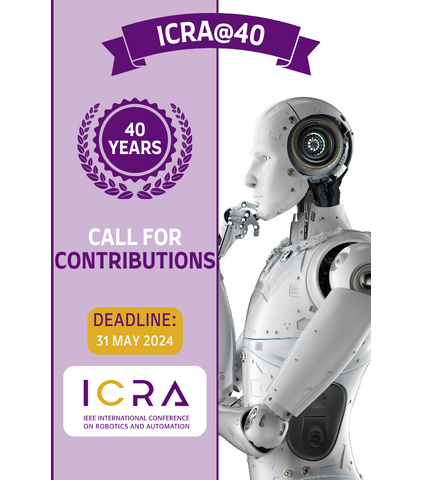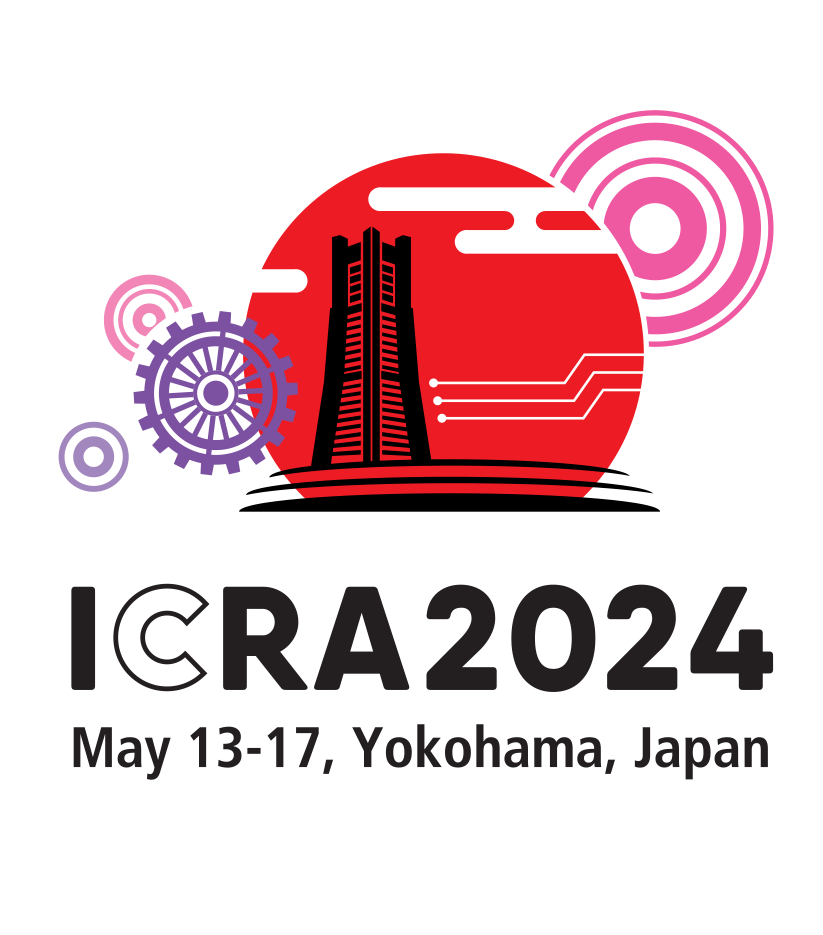Competitions
The IEEE Robotics & Automation Society recognizes the importance of competition in the development and advancement of the science.
Competitions for a younger audience allow for an introduction to science, technology, engineering, and mathematics (STEM) subjects. Additionally, they are important to our field as they foster integration and force innovation for actual deliverables.
In 2014, IEEE RAS AdCom set aside a large budget to support a number of Robot Challenges at ICRA and IROS. The competitions below took place at ICRA 2015 in Seattle, Washington.
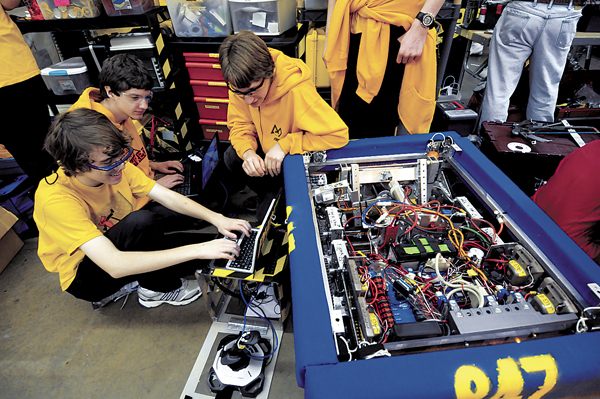
RAS Special Interest Group on Humanitarian Technology (SIGHT) moves forward with second competition at ICRA 2015
The IEEE RAS-SIGHT (Special Interest Group in Humanitarian Technologies) is inviting the academic and industrial community to participate in the second Humanitarian Robotics and Automation Technology Challenge (HRATC) at the 2015 International Conference on Robotics and Automation (ICRA '15). The group solicited team description papers in Fall 2014 and received submissions from several countries. Next events include qualification simulations using the ROS/Gazebo framework, and the remote operation of a Husky platform physically located in Portugal. For more information about this event, visit HRATC2015.
MicroNano Robotics and Automation TC organizes the 6th consecutive Microrobot Challenge at ICRA
The IEEE RAS TC in Micro/Nano Robotics & Automation invites applications to participate in the 2015 Mobile Microrobotics Challenge in Seattle, WA USA, in which microrobots on the order of the diameter of a human hair face off in tests of autonomy, accuracy, and assembly.
The ultimate applications of software and hardware tools developed for this challenge include bio and nano technologies, such as miniature robotic tools for in-vivo surgical procedures, in-vitro manipulation of biological specimens, and manufacturing at the nanoscale. Teams can participate in up to three events, including the Autonomous Mobility & Accuracy Challenge, the Microassembly Challenge, and the MMC Showcase & Poster Session. Competition organizers solicited proposal entries and received 10 submissions mostly from countries in North America and Europe. Video qualifier submissions are due February 15, 2015. Find out more information about the event, visit MMC2015.
Humanoid Application Challenge supports the DARWIN-OP open platform with new challenges at ICRA 2015
This challenge supports users of DARwin-OP, an open platform humanoid project supported by the US NSF. This platform provides a vision-capable humanoid with full functionality and scalability, and open source community for cooperative software development and research. The challenge aims to encourage creative applications from around the globe and maximize contributions in humanoid research. Teams who use the DARwIn-OP robot to develop their own application are eligible to send qualifying videos by end of January 2015. Find out more information about the event, visit Humanoid2015.
The First Challenge in Formal Methods for Robotics poised to debut at ICRA 2015
Historically developed for concurrent software, formal methods have recently been employed to study robot motion planning. Challenges specific to robotics, such as uncertainty and real-time constraints, have motivated extensions to existing methods and entirely novel treatments. This challenge seeks to motivate advancement in the state of the art of formal methods of verification for transition systems with applications to multi-robot coordination and motion planning, and to manipulation problems. The challenge is organized into three problem domains: arbitrary dimensional double integrators, roads with Dubins cars, and manipulation tasks on the assembly line. Find out more information about the event, visit FMRC2015.
The First Amazon Picking Challenge at ICRA 2015 promises more than $26,000 in cash prizes
This competition challenges entrants to build their own robot hardware and software that can attempt simplified versions of the general task of picking items from shelves. The robots will be presented with a stationary lightly populated inventory shelf and be asked to pick a subset of the products and put them on a table. The challenge combines object recognition, pose recognition, grasp planning, compliant manipulation, motion planning, task planning, task execution, and error detection and recovery.
The robots will be scored by how many items are picked in a fixed amount of time. Participants will be encouraged to share and disseminate their approach to improving future challenge results and industrial implementations. Teams submitting entry videos by January 12 will be provided a shelf and standard objects for further practice prior to the upcoming challenge at ICRA 2015. Travel grants and other support will be announced in the coming months. For more information about this event, visit AmazonPicking2015.



